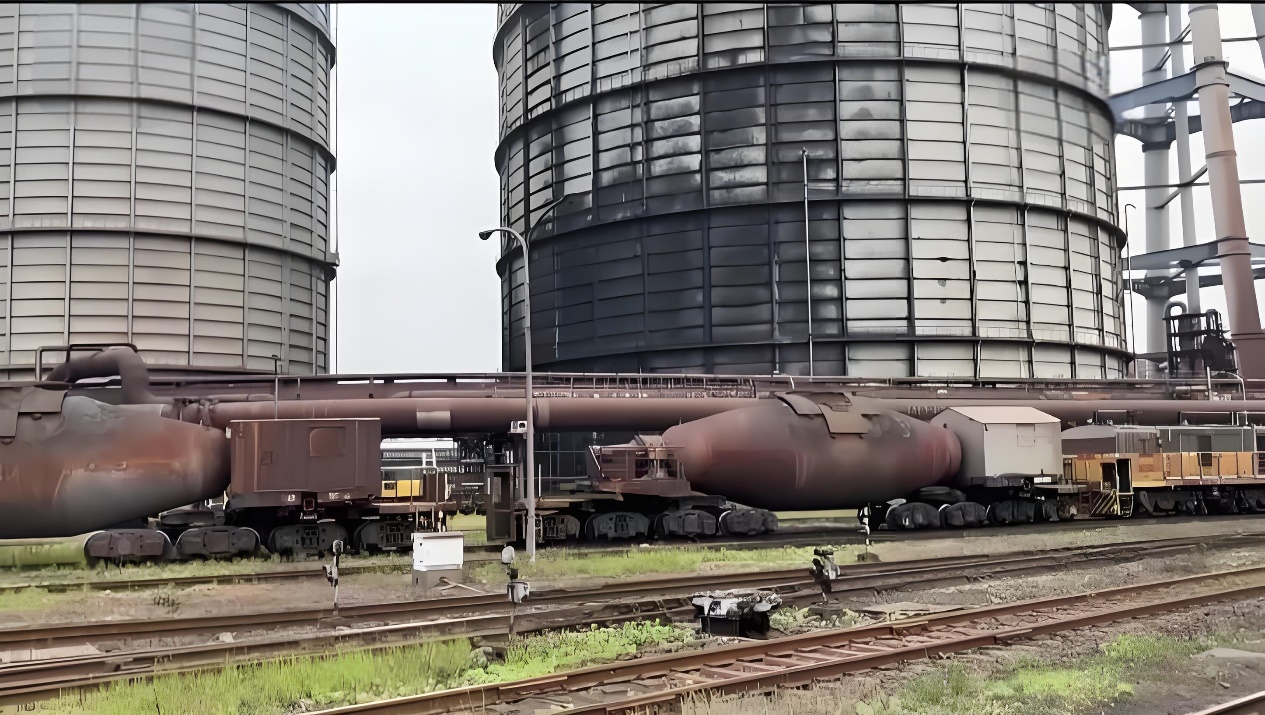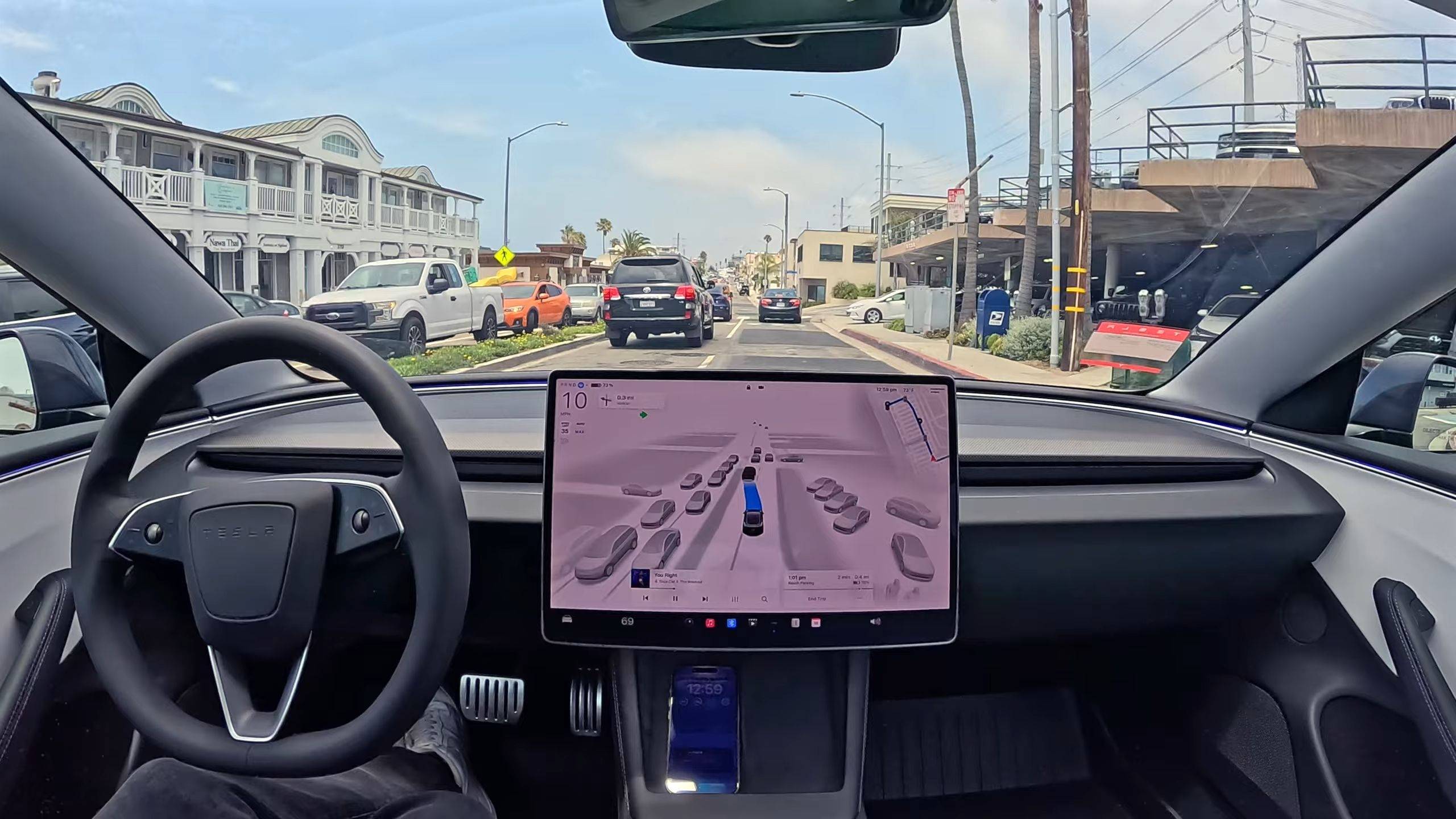
Recently, Nippon Steel planned to shut down its Granite City factory in Illinois after acquiring US Steel for $14.1 billion, but was intervened by the US government with "golden stock" authority, highlighting the political risks in foreign acquisitions. This event reflects multiple contradictions in the reconstruction of the global industrial chain, which need to be analyzed in depth from three dimensions: strategic game, industrial policy, and market logic.
The US government's use of the "golden stock" mechanism to exercise veto power over the planned closure of the Japanese railway plant is essentially a tool for the concept of national security. According to the acquisition agreement, Nippon Steel promises to maintain full load operation of its blast furnaces, prohibit layoffs and production transfers, and accept significant decision-making veto power granted by the US government's "golden shares" for the next ten years. Although this arrangement is a commercial compromise, it exposes the extreme sensitivity of the United States to the control of strategic industries - even though Japan Railways is an ally enterprise, its management autonomy is still highly restricted. Historical cases show that from CNOOC's acquisition of Unocal to Huawei's acquisition of 3Com, the United States often intervenes in foreign mergers and acquisitions under the pretext of "national security", but in reality protects local industrial interests. In this incident, the Trump administration expanded the "golden stocks" to companies such as Intel and Nvidia, forming a systematic intervention model and highlighting the trend of policy instrumentalization.
The current situation of the US steel industry presents the characteristics of "tight supply and dependence on imports". In 2024, the crude steel production in the United States is about 80 million tons, with electric furnace steel accounting for 70%, but imports still account for 30% of consumption. The Trump administration raised steel and aluminum tariffs from 25% to 50% through Section 232 and canceled all exemptions, aiming to promote the return of manufacturing. However, this protectionist policy forms a complex interaction with union demands. The United Steelworkers strongly opposes the factory shutdown plan and is concerned that the risk of unemployment will affect election politics - Pennsylvania, as a swing state, has crucial steelworker votes for the Democratic Party. Vice President Harris clearly supported "local ownership of American steel" at the Pittsburgh rally, highlighting the direct impact of union power on policy direction. Although Nippon Steel has promised to invest $11 billion to increase production capacity, political pressure has put its management decisions in a "compliance dilemma".
The acquisition of Baosteel by Nippon Steel aims to achieve a significant increase in production capacity, from 66 million tons to 86 million tons, with the goal of reaching 100 million tons alongside ArcelorMittal. However, market barriers in the United States have hindered this strategy. From a global perspective, the US tariff policy has intensified trade frictions, imposing a 50% tariff on Brazilian steel products and a 10% new tariff on BRICS countries in 2024, building a "friendly trade system". This approach, while protecting local production capacity in the short term, distorts global resource allocation. Analysis by China International Capital Corporation (CICC) indicates that automotive steel accounts for 28% of US steel demand, much higher than other regions. Driven by policies, demand for non residential construction steel may increase. However, high tariffs have led to fluctuations in hot-rolled coil prices, which may suppress the return effect of manufacturing in the long run. The case of Nippon Steel shows that foreign acquisitions not only need to deal with commercial risks, but also need to digest policy uncertainties - for example, although the stock price of Nippon Steel rose by 15% due to the acquisition, government intervention has made its long-term returns questionable.
This event has three warnings for multinational corporations: firstly, political risk has surpassed traditional economic logic and become a core variable in foreign investment decision-making. Enterprises need to conduct a thorough evaluation of the stability of host country policies, union power, and the impact of election cycles before investing. Secondly, there is a clear trend towards the generalization of national security review, and the review standards of institutions such as CFIUS are becoming increasingly politicized. For example, Japan's Nippon Steel has sued the Biden administration for "illegal interference," reflecting the rising cost of corporate rights protection. Thirdly, the global industrial chain is shifting from "efficiency first" to "safety first", and the formation of regional production networks is accelerating. Chinese steel companies need to be vigilant about similar risks, reduce policy barriers through localization layout and technological cooperation, and promote the improvement of international investment rules to balance national security and economic openness.
The deep-seated contradictions exposed by the acquisition of Japanese made iron are actually a microcosm of the struggle for control of strategic industries in the context of globalization. Although political intervention is effective in the short term, it may damage market confidence and investment environment. In the future, multinational corporations need to find a balance between commercial rationality and political reality, while governments around the world need to calibrate their direction between protectionism and open cooperation in order to achieve sustainable global economic growth.

According to the foreign media The Verge, recently, Tesla CEO Elon Musk's goals in the field of fully autonomous driving (FSD) have once again fluctuated.
According to the foreign media The Verge, recently, Tesla C…
In early 2026, Greenland along the North Atlantic coast bec…
Recently, the century-old American high-end department stor…
Recently, the U.S. stock market has appeared turbulent amid…
Recently, the largest private equity firm in South Korea, M…
In early 2026, after the Trump administration detained Vene…